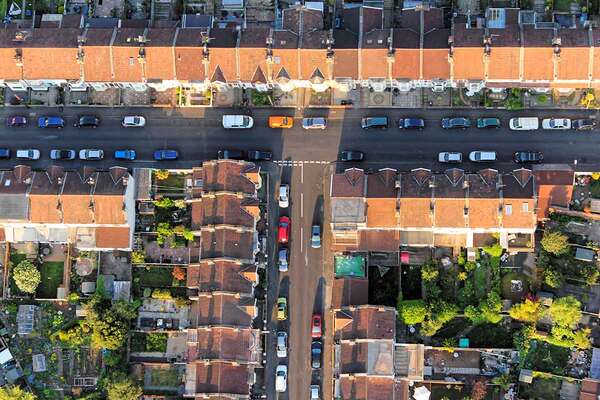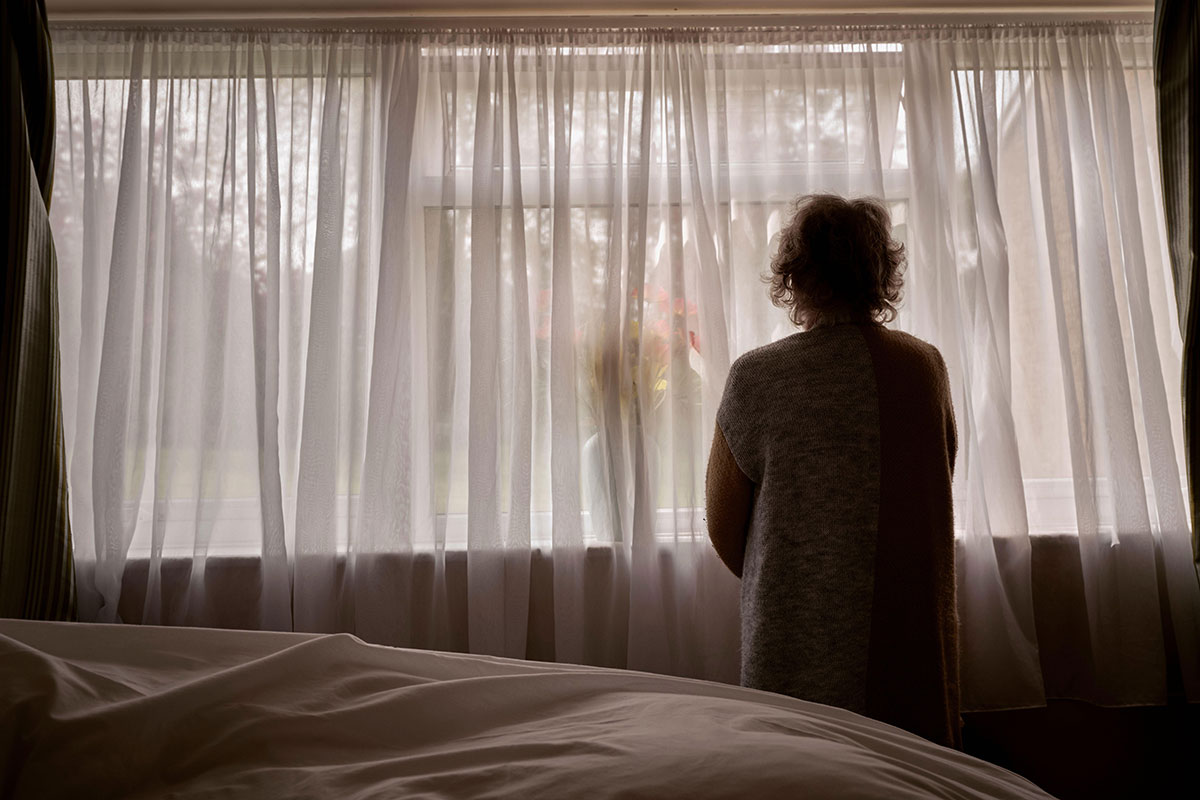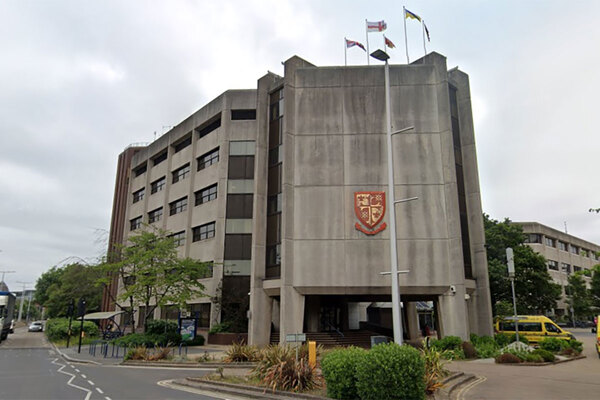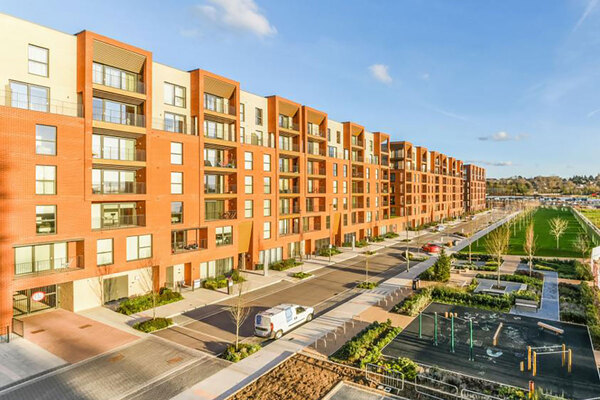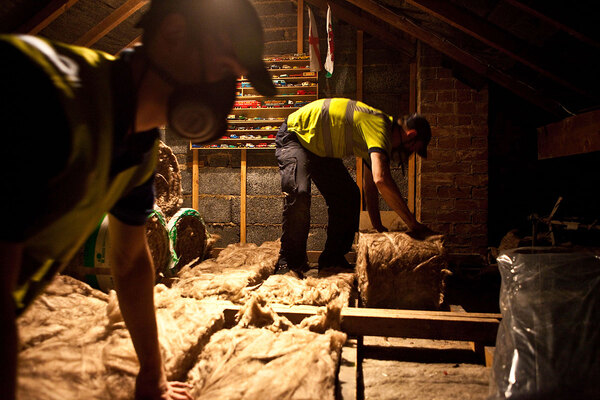Government’s actions on poor-quality supported housing fall ‘woefully short’, PAC finds
Vulnerable people are increasingly being provided with poor-quality supported housing, with unsuitable or no additional support provided, the Public Accounts Committee (PAC) has warned.
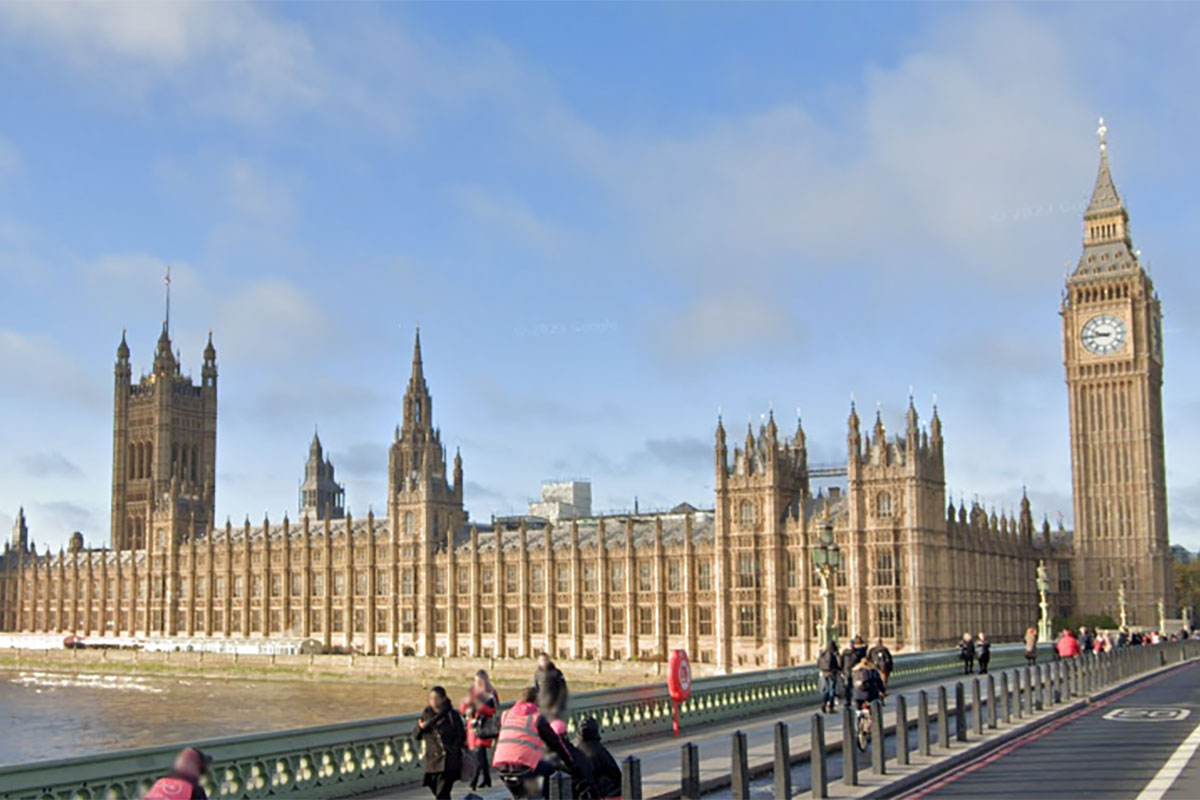
In a new report following an inquiry, the committee said the supported housing sector was “riddled with long-standing challenges, with government’s actions to improve matters falling woefully short”.
“Our report finds a government unprepared to even assess the problem, let alone address it,” according to the PAC.
Supported housing is provided to people with additional needs.
Exempt accommodation is a type of supported accommodation that is often used as accommodation for people with very few other housing options, such as prison leavers, rough-sleepers, refugees, migrants and those experiencing substance misuse issues.
It is exempt from Local Housing Allowance (LHA) caps because an element of care, support and supervision is provided to claimants.
As a result, organisations providing this type of accommodation can charge very high rates, which has led to unscrupulous providers coming into the market.
Last year, an Inside Housing investigation on expenditure figures from 174 of England’s 333 local authorities revealed that £883.5m was spent on exempt accommodation in 2021.
The PAC’s inquiry heard about the “significant, detrimental” impact of unsuitable or non-existent additional support.
According to the report: “Many vulnerable people are let down by the unscrupulous providers who rent out poor-quality housing with limited support.
“Local authorities are charged more than housing benefit will cover in many cases and have to fill the shortfall out of their budgets and taxpayers are let down because of the weaknesses in tackling housing benefit fraud in the sector.”
The committee said the government was “hampered by the lack of data it holds”, despite the issues within the sector being known for a “long time”.
“Regulatory oversight of supported housing, and its knowledge of the market for it, both fall short.
“This is especially troubling given supported housing is intended to help some of the most vulnerable in society.
“Patchy oversight and regulation give unscrupulous providers the opportunity to rent out poor-quality housing with limited support, while profiting at the taxpayers’ expense,” according to the report.
The committee said the problem was not limited to the public sector, with some private sector supported housing complexes also “very poorly regulated, leading to potential exploitation of private sector residents by unscrupulous landlords and/or management companies”.
“Limited data means that the Department for Levelling Up, Housing and Communities (DLUHC) and the Department for Work and Pensions (DWP) do not understand the nature or the scale of the problems with supported housing and therefore cannot effectively address them.
“DLUHC does not know how much supported housing there is, or how much is needed to meet people’s needs, though it acknowledges that there is not enough,” it said.
The committee referred to the Affordable Homes Programme, which aims to increase the amount of supported housing, but said the DLUHC’s most recent data on the 2021-26 iteration of the programme reports that it is forecast to deliver only 5% supported housing against its initial target of 10%.
The PAC also said councils had limited resources and were likely to need more support from central government to deal with the problems in the sector.
“Some local authorities lack the capacity and resources to consistently identify and challenge fraud in housing benefit for supported housing,” it found, adding that the housing benefit rules mean some local authorities have shortfalls in their funding for supported housing and are having to bridge the shortfall out of their own budgets.
It welcomed the Supported Housing (Regulatory Oversight) Act, but said reform was “long overdue”, and the act “mainly focuses on the subset of exempt, short-term accommodation rather than all supported housing”.
The committee has made six recommendations, including that the DLUHC should publish a new snapshot of data on supported housing within six months, as well as write to the PAC outlining how the government intends to support local authorities financially to implement the new act.
It also recommended that the DLUHC and the DWP should summarise what they are currently doing, along with plans for future work, to “radically improve” and keep their data on demand, supply and costs of supported housing up to date, while minimising the burden on local authorities.
The committee said the DLUHC should assess how councils can set up licensing schemes with appropriate levels of fees that will deter poor providers and encourage good-quality supported housing.
The DWP should report back in six months on how it intends to identify the level of fraud in housing benefit for supported housing, it said.
Dame Meg Hillier MP, chair of the PAC, said: “Well-run supported housing could not be a more essential resource for some of the most vulnerable in our society.
“The sector is in desperate need of root-and-branch reform – wide open to fraud and the predations of unscrupulous landlords, and badly letting down the people who need it most.
“But our report finds a government unprepared to even assess the problem, let alone address it.
“Without firm data on the problems with supported housing, the government will be able only to continue to agree with our committee that the sector is not working as it should.
“It is welcome to see legislation now passed aimed at tackling part of the issue relating to exempt accommodation, but we are concerned that Whitehall will be leaning on an under-resourced local government to achieve change.”
The National Housing Federation said the report and recommendation were “welcome”.
“With demand for supported housing outstripping supply, a funded, long-term plan from government that increased supported housing places is desperately needed,” it said.
A DLUHC spokesperson said: “We are committed to making sure that the most vulnerable in society can live as independently as possible.
“Through the Supported Housing (Regulatory Oversight) Act, we are giving local authorities in England new powers to ensure good-quality supported housing for residents and to enforce standards.”
Sign up for our regulation and legal newsletter
Already have an account? Click here to manage your newsletters
